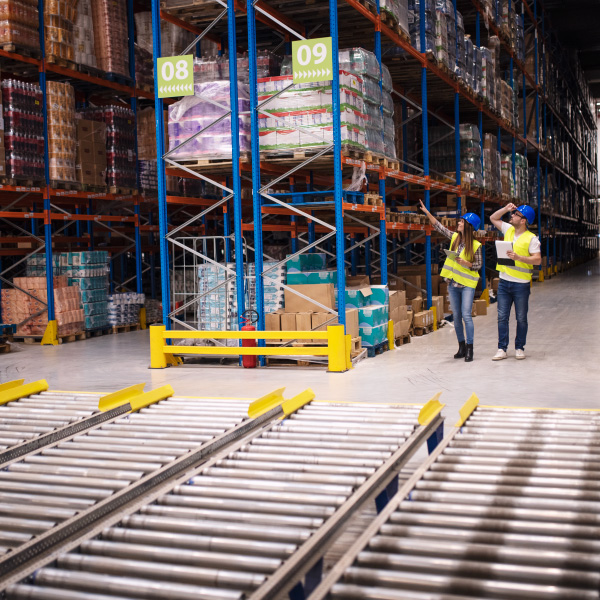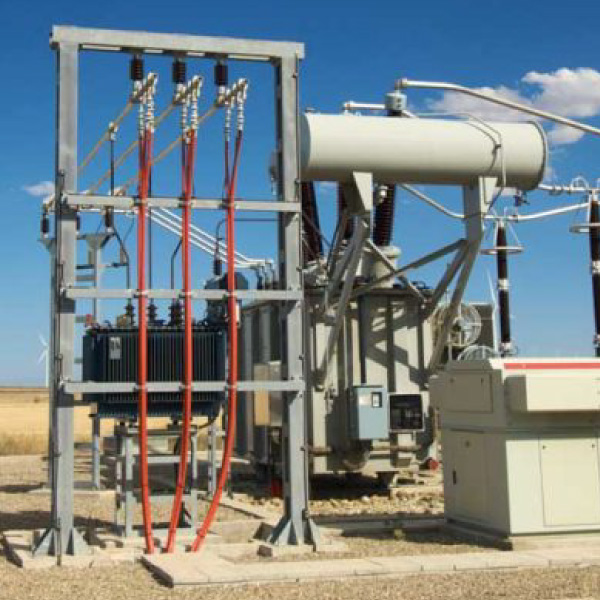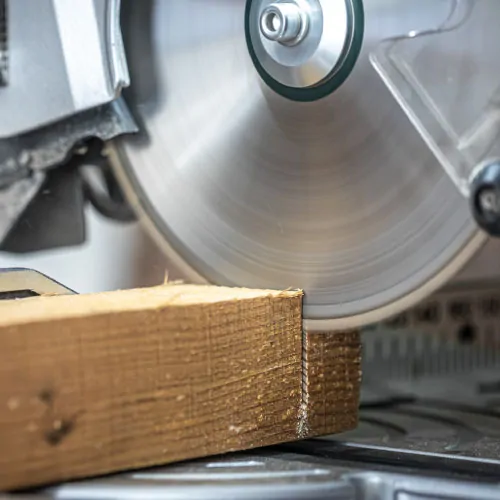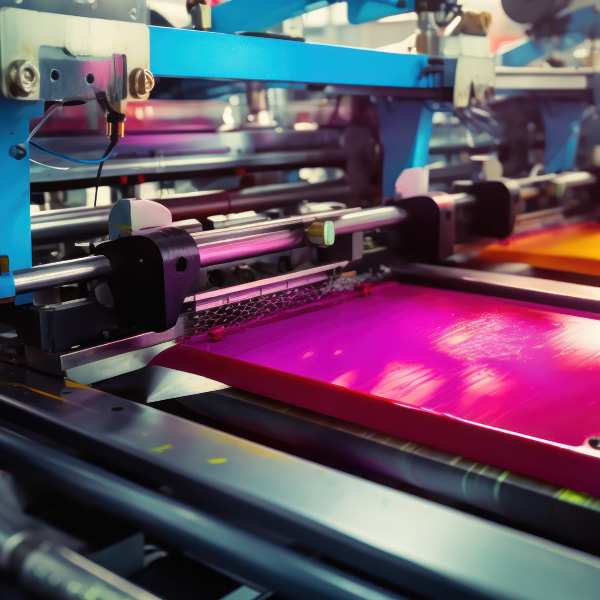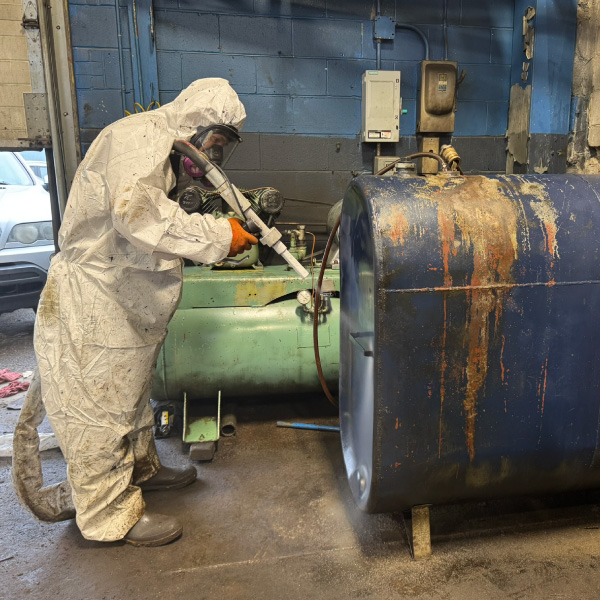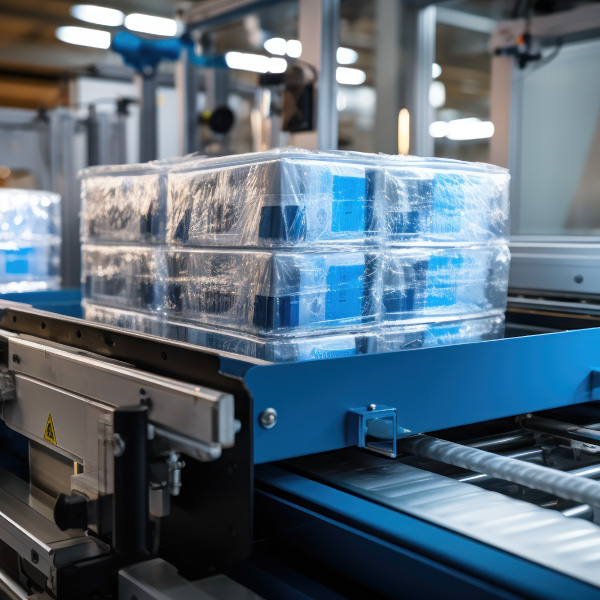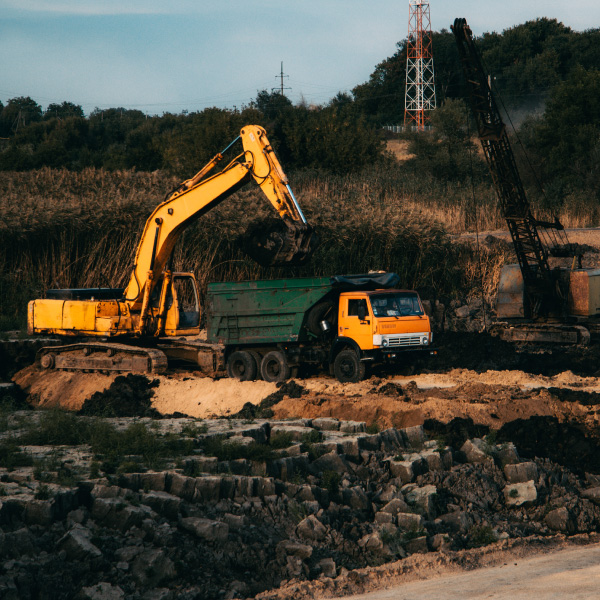Dry ice blasting | INDUSTRIES APPLICATIONS
Restoration & remedation
Contact us Now
Impact of Dry Ice Blasting on:
Restoration & remedation

Environmentally Friendly
Dry ice blasting uses solid CO2 pellets, which are non-toxic, non-hazardous, and leave no secondary waste. The CO2 sublimates into the air, making it an eco-friendly cleaning option compared to traditional methods that often use harsh chemicals or solvents.
Efficient and Fast
This method is highly efficient as it can clean surfaces quickly without causing damage. It’s particularly useful for delicate and hard-to-reach areas that might be challenging with conventional cleaning methods.
Minimal Disruption
Dry ice blasting is non-abrasive and does not cause wear or tear on the surface being cleaned. It’s ideal for delicate restoration tasks, especially when cleaning historical structures, machinery, or materials that are sensitive to traditional abrasive cleaning methods.
Mold and Fire Damage Remediation
It’s particularly effective for remediation projects involving mold, soot, or fire damage. Dry ice blasting can clean these contaminants without disturbing the underlying materials, which is crucial in restoration efforts.
Improved Safety
Since no toxic chemicals or solvents are involved, dry ice blasting is safer for workers compared to traditional cleaning methods that rely on potentially harmful substances.
No Need for Disassembly
The technique can often be used to clean equipment and machinery without the need for disassembly, saving time and reducing labor costs.
Versatility
It can be applied across various industries, including water damage, fire restoration, mold remediation, and even for cleaning sensitive electronic equipment, ensuring its broad applicability in restoration and remediation tasks.


